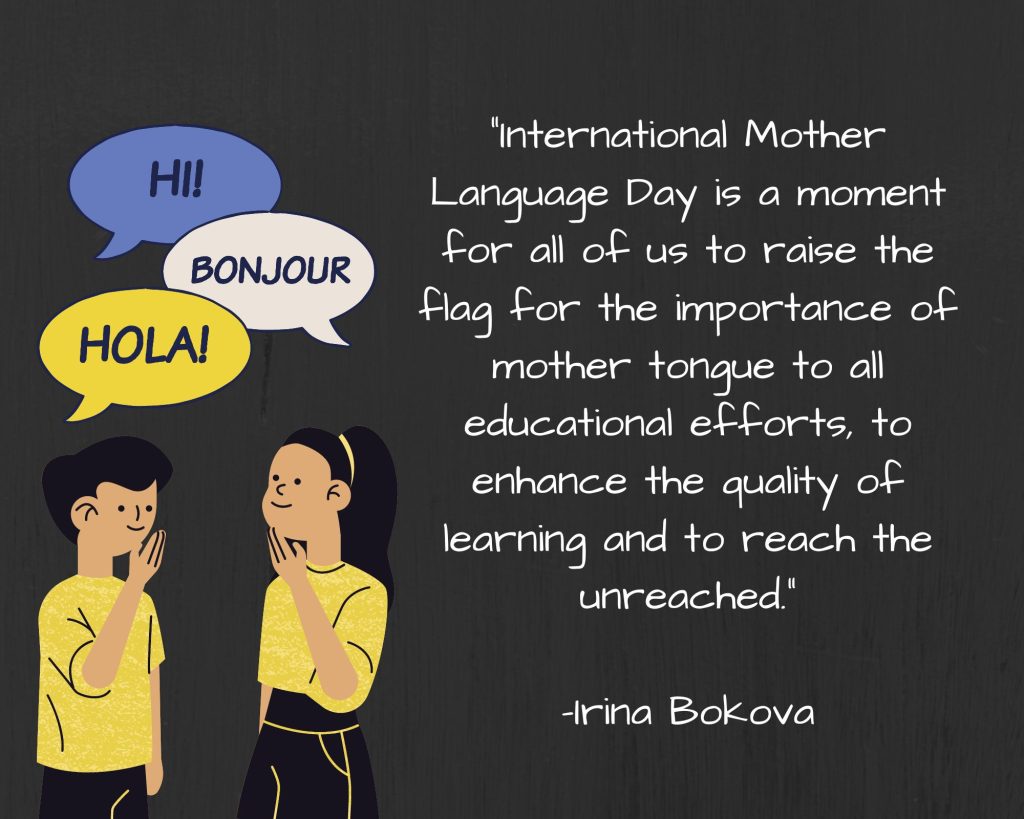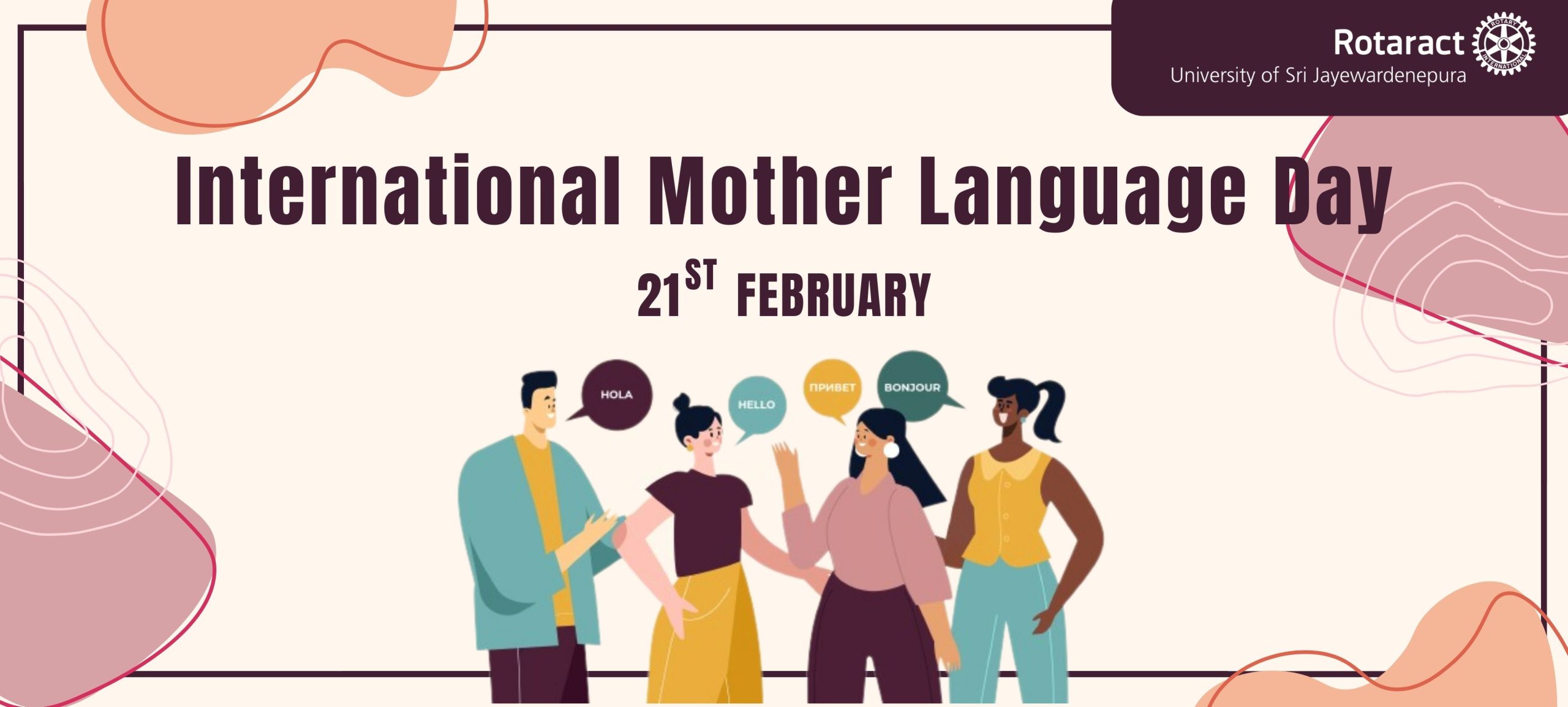“If one’s mother tongue is forgotten, one’s value will also be forgotten.”
-P. Swami Maharaj
Language is one of the most important elements of a culture. In the present context, a language plays a vital role in cultural development by ensuring cultural diversity and intercultural dialogue, attaining quality education, and preserving cultural heritage. Therefore, it is a must to protect all languages and ensure cultural diversity.
The idea of celebrating a mother language was first presented by Bangladesh. The first International Mother Language Day was celebrated in 1999, after the proclamation of UNESCO, because UNESCO identified the significance of cultural and linguistic diversity for sustainable societies. After that, UNESCO proclaimed 2008 year as the International Year of Languages. The aim of announcing a year for languages was to promote unity in diversity and international understanding through multilingualism and multiculturalism.
Since the year 1999, the day has been annually celebrated under different themes. This year the day focuses on the theme “multilingual education—a necessity to transform education”.

Today, 40% of the world’s population lacks access to education in their mother language. Nonetheless, due to a growing appreciation of its significance, particularly in the early years of education, and a greater commitment to its advancement in public life, multilingual education is making headway. This year’s theme aims to improve multilingual education based on the mother tongue. It is more important to the people who speak non-dominant languages, minority groups languages and indigenous languages, because it helps with access and inclusion in learning.
Concerning this special day, UNESCO has taken steps to discuss the potential of multilingualism to transform education from a lifelong learning perspective and in different contexts, this year. This main theme will be broken down into three sub-themes, which are as follows:
Enhancing multilingual education as a necessity to transform education in multilingual contexts from early childhood education and well beyond;
Supporting learning through multilingual education and multilingualism in our fast-changing global contexts and in crises, including emergencies;
Revitalizing languages that are disappearing or are threatened with extinction.
Alarmingly, every two weeks, a language dies, bringing with it a whole cultural and intellectual heritage. The estimated 6,000 languages spoken worldwide have an endangered status of at least 43 percent. Less than 100 languages are used in the digital sphere, and only a few hundred have truly been given a position in educational systems and the public sphere. Therefore, it is vital to celebrate International Mother Language Day to discuss these problems and make procedures to protect languages that are facing a disappearing threat.
Be proud to speak languages other than your mother tongue, but don’t neglect your mother tongue. It is a must to endow your mother language to the next generation.
Written by: Rtr. Nethmi Kaveesha
Graphic design by: Rtr. Malithi Fernando


0 Comments